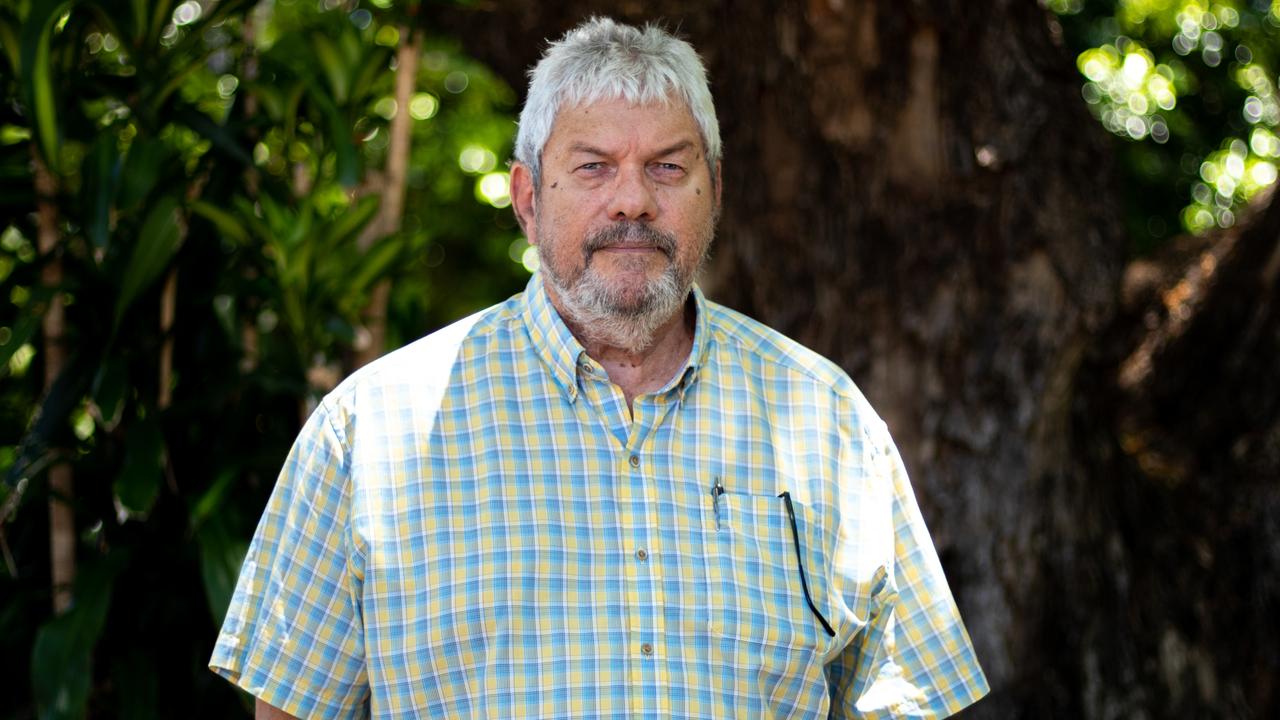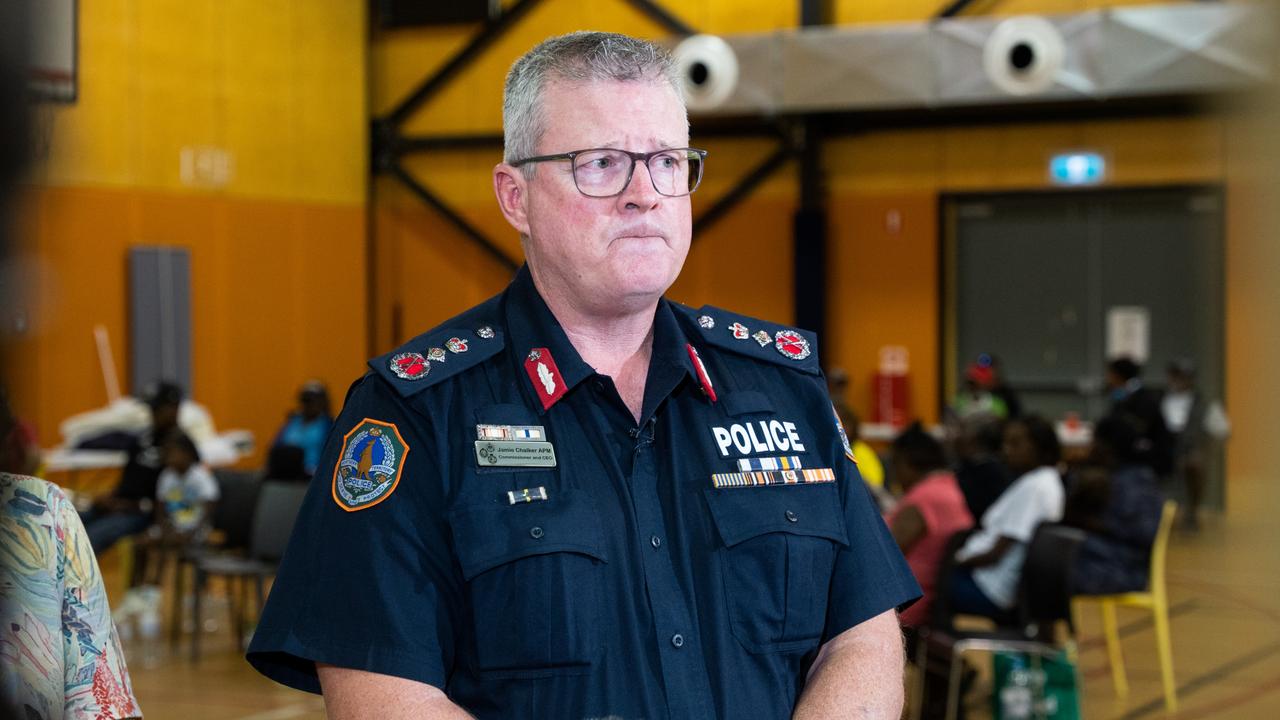Social service professionals warn bail changes will fail to address NT crime rates
Legal and social services professionals have warned tough bail changes will fail, saying ‘quick fixes will not and cannot, prevent crime’.

Potential tough bail changes have been criticised as a “knee jerk reaction”, with the police chief warning “we cannot arrest our way out” of the Territory’s problems.
The NT government has not provided the terms of reference or a timeline for a review of bail, despite announcing on Wednesday “immediate” action on the presumption of bail for weapons offences.
While acknowledging the grief and pain of Declan Laverty’s death, social services professionals have cautioned the government against policy on the run.
The Aboriginal Peak Organisations Northern Territory said the proposals were a series of “knee jerk reactions and rushed reform”.
“We understand the community sentiment of anger and anguish. And rightly so,” NAAJA acting chief executive John Paterson said.
“But quick fixes will not, and cannot, prevent crime. And filling up jails is not the answer.
“We at APONT call for a calm and measured response.”

NAAJA principal legal officer Nick Espie said the bail changes would disproportionately impact Aboriginal people, while failing to actually address what was needed for community safety.
“We know what is needed … the expansion of appropriate bail support services across the NT, and investment in programs that address problem behaviour and cycles of reoffending,” Mr Espie said.
Northern Territory Council of Social Service acting chief executive Sarah Holder also warned tough bail changes would inevitably make the Territory more unsafe.

“Nobody wants to see anything like this happen again,” Ms Holder said.
“(But) tough on crime approaches, they don’t work and they’re expensive.”
Ms Holder said the government already had the evidence that bail changes would fail, with a review of 2021 Youth Bail changes producing damning results.
The Productivity Commission found Territory children spent a total of 18,589 nights in custody — the highest recorded rate in eight years — while internal government data showed admissions doubled, staffing budgets blew out, diversion rates dropped, self harm incidents increased, and complaints to the watchdog rose.
Ms Holder said the bail changes inevitably had the “opposite effect”, with more crime and higher reoffending rates.
She said the way to address offending by properly funding and strengthening mental health programs, drug and alcohol treatment and rehabilitation.
Ms Holder also pointed out that remand prisoners did not have the same access to Corrections treatment services, meaning they would be locked out of programs meant to address their offending.
“The evidence shows that tougher bail laws are not what is going to actually change behaviours,” she said.
On Wednesday, Deputy Commissioner Michael Murphy said the bail change could be “another tool” in the prosecutor’s belt.
However, in the latest Northern Territory Police Association magazine, Commissioner Jamie Chalker acknowledged “we cannot arrest our way out of the inherent social problems” facing the Territory.

“The government needs to address the lack of appropriate service provision, welfare dependency and the key drivers,” he wrote in the March edition.
“Without a strategic approach to generational change, these social issues will continue.
“In the meantime, we need to be supported appropriately to meet the demand environment.”
The potential for tough bail changes also comes as the prisons experience unprecedented demand, with Mr Chalker confirming on ABC Radio on Thursday that watch houses were being used as Corrections overflow.
NT Police and Corrections have been contacted for comment.





